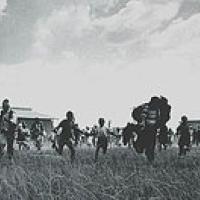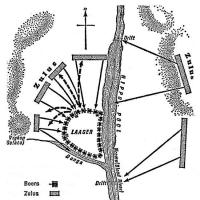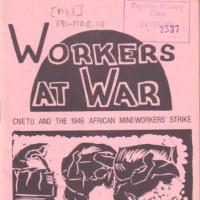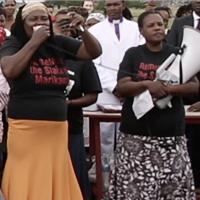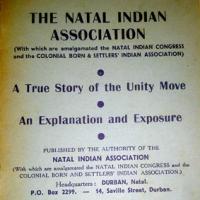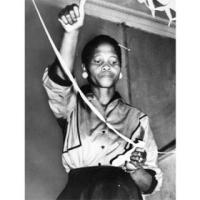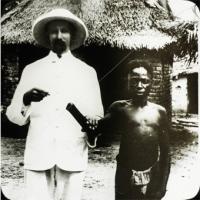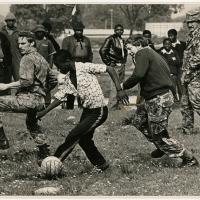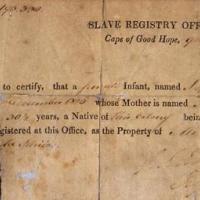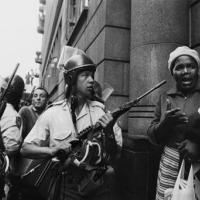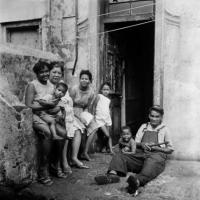This paper was submitted to the 1973 Durban Strikes Celebrating 50 Years Conference
This paper was submitted to the 1973 Durban Strikes Celebrating 50 Years Conference
This paper will provide an overview of FOSATU Worker News, including the editorial policy, content and circulation. We are especially interested in examining ideas of freedom (including notions of democracy and socialism) as well the kind of worker identity, culture and history the paper promoted.
Victor Gwande and Nicole Ulrich
The Labia Theatre is 65 years and older, originally an Italian Embassy, ballroom. It was first opened by Princess Labia in May 1949, as a theatre for the staging of live performances. For the past 4 decades it has been operating as a cinema on the alternative circuit appealing mainly to the more discerning viewer, (who enjoys its quality product and the charm of its old-World ambience.)
This paper was submitted to the 1973 Durban Strikes Celebrating 50 Years Conference
Mary Malete was the president of the Federation of Unions of South Africa (FEDUSA) and the first president of the South African Confederation of Trade Unions (SACOTU). She served on various boards, including the Commission for Conciliation, Mediation and Arbitration (CCMA), LAMOSA (Land Access Movement of South Africa) and the Job Creation Trust.
January 8, 2023, will mark the 50th anniversary of the 1973 Durban Strikes and the emergence of a new wave of independent non-racial trade unions. This was followed by the formation, in 1979, of the Federation of South African Trade Unions (FOSATU) and the Congress of South African Trade Unions (COSATU) in 1985.
South African History Online (SAHO) is marking this anniversary by:
Personal Information
Life and Early Career
Bhekokwakhe (Bheki) Hamilton Cele was born on 22 April 1952 to Albertina Mtshali and Gillford Cele at uMuzumbe Mission Hospital near Port Shepstone in Natal (now known as KwaZulu-Natal)[1]. When he was only nine months old his mother passed away, leaving him in the care of his father.
